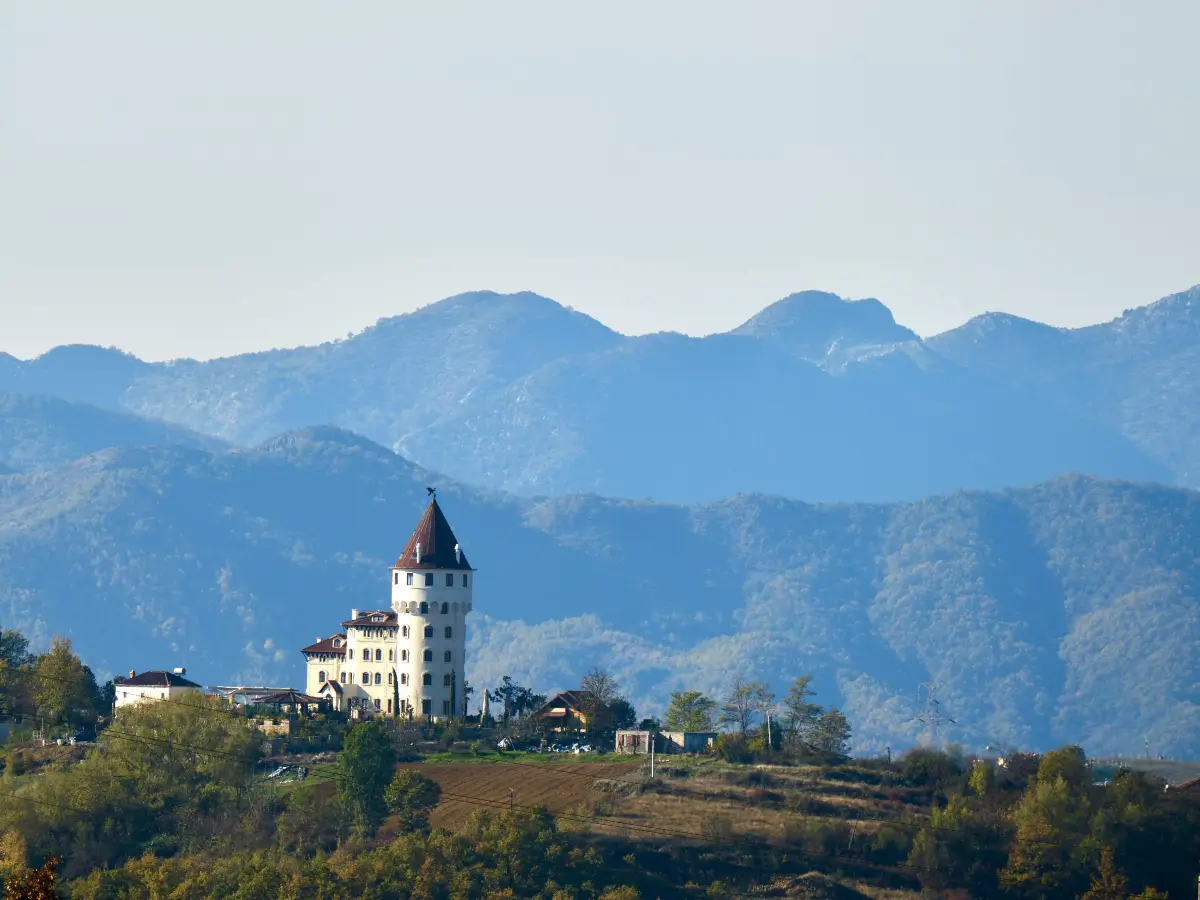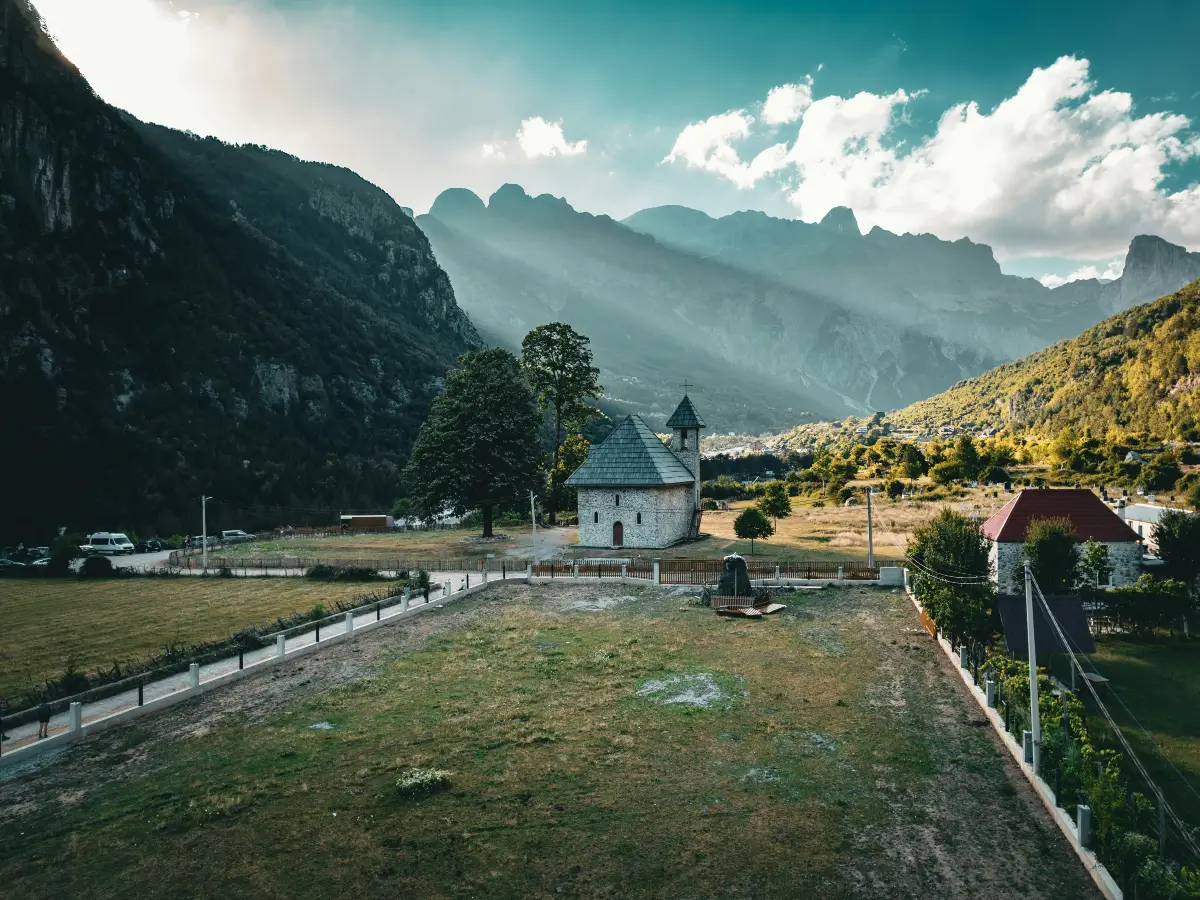During one of the darkest chapters in European history, Albania became an unexpected refuge. While much of the continent saw Jewish communities persecuted, deported, or destroyed, Albania became known for doing the opposite — protecting Jews, hiding them, and even welcoming others who fled from neighboring countries.
This rare and courageous response didn’t come from government orders or military alliances. It came from individual Albanians, families, and communities who followed a deep-rooted cultural code of honor: besa — the obligation to protect those in need, even at great personal risk.

The situation during the war
When World War II began, Albania had a very small Jewish population — estimates suggest around 200 individuals, mostly living in Tirana, Vlora, and Berat. As the war spread, Albania was first occupied by Fascist Italy in 1939 and later by Nazi Germany in 1943.
Unlike other occupied countries, Albania never implemented anti-Jewish laws or turned over lists of Jewish residents. In fact, local authorities — both during the Italian and later German occupation — resisted Nazi demands for Jewish registration or deportation.
After 1943, as Nazi forces entered the country, Albania became more dangerous. But instead of giving in to pressure, many Albanians hid Jewish families in their homes, villages, and even religious institutions. Some provided forged documents, others disguised Jews as Muslim villagers, and many simply refused to hand them over — even when threatened.
How Albanians responded
Albania’s unique response to the Holocaust was not organized through a central resistance movement. It came from ordinary people who believed in a cultural duty to protect guests and the persecuted.
The most common forms of protection included:
-
Hiding Jewish families in private homes or mountain villages, often under false identities
-
Refusing to disclose Jewish identities to occupying forces or collaborators
-
Sharing food, shelter, and resources during wartime scarcity
-
Forging or providing Albanian identification papers with Muslim names
-
Protecting Jewish refugees who crossed into Albania from Yugoslavia, Greece, and elsewhere
Religious leaders, including Muslim imams, played an important role in guiding their communities to shelter Jews. The concept of besa — more than just a promise — meant that if someone was under your protection, even your life would be offered before breaking that trust.

The outcome and legacy
By the end of the war, Albania was one of the only countries in Europe where the Jewish population had grown, not shrunk. Roughly 2,000 Jews were living in Albania by 1945 — more than ten times the number before the war, many of them having arrived as refugees from surrounding areas.
After the communist takeover, Albania became isolated, and much of this history remained unknown for decades. Many Jewish survivors left for Israel or the United States in the following years. Only after the fall of communism did the full extent of Albania’s role in protecting Jews come to light.
Today, several Albanians have been recognized as Righteous Among the Nations by Yad Vashem, Israel’s official Holocaust memorial authority. More recognitions are still being documented as new stories emerge from families and local archives.